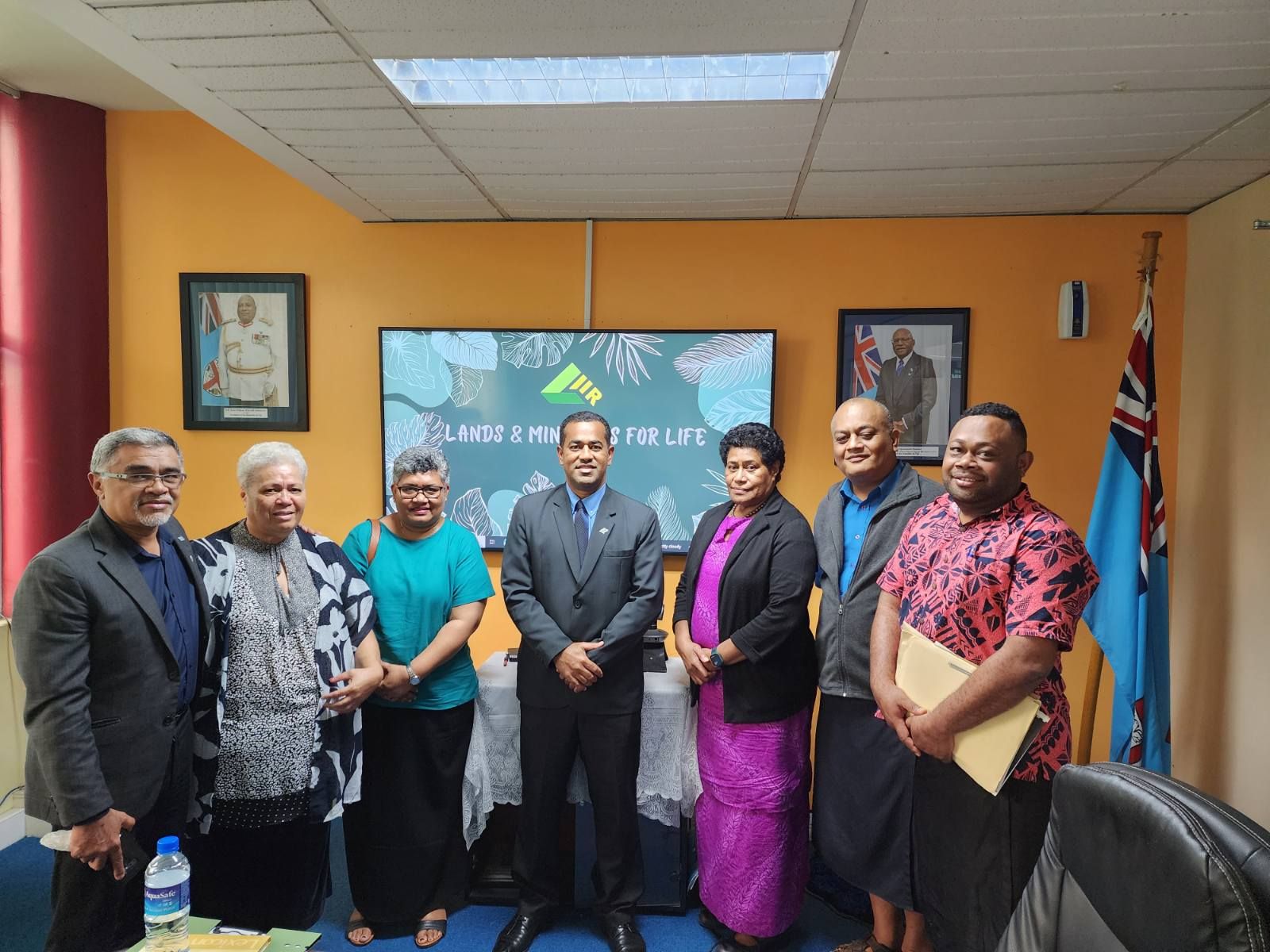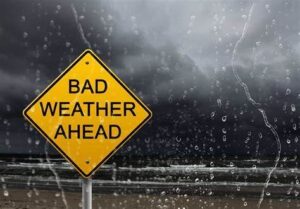Fiji’s Ministry of Health held frank discussions with the Fiji Nursing Association today on varying issues including systemic and legacy issues, averting a rumoured strike that could have disrupted medical services across the country.
Acting Minister of Health Filimoni Vosarogo made this known in a statement following “hard talk” with the FNA where “everything was laid on the table, historical, systemic, and legacy issues of the past that needed consideration, urgent or otherwise” including their promised payrise, backdated to August 1, the first of which to be paid out tomorrow.
Nurses were reportedly considering a strike due to unaddressed concerns, including pay issues. Vosarogo assured them that both health and finance ministry staff were putting in significant efforts to ensure the nurses were paid what they were owed.
“Any anomalies will be addressed by the ministry in the subsequent pay and nurses are urged to report any anomaly that they find in their pay tomorrow. This has been assured to the FNA executives by the Deputy Prime Minister and Minister for Finance, Professor Biman Prasad,” Vosarogo said.
He also urged the two parties to dialogue on a regular basis to avoid “dissonance and mistrust, apprehension and creation of an unhealthy work environment’ that is detrimental to Fiji’s medical services.
“We invite dissonance when we forget the importance of continued dialogue and officials of government need to understand that we must work with stakeholders who serve as a support mechanism for the common good of the nation. When we choose to discard genuine arms-length dialogues, systemic strains result and before we know it, a crisis is inevitable. The key is fixing it when you have the time and opportunity to do so. We were able to do part of that today.
“We thank the FNA Executives for coming to the meeting today and for laying on the table these legacy issues that should have been addressed years ago.”
The ministry and FNA are set to convene in two weeks to review today’s meeting results and plan a schedule for ongoing monitoring of issues.
“It is for the well-being and welfare of nurses. They are the frontline personnel who receive the sick and ills of our nation and care for them. The government may not be able to do it all at once, but we can map a future plan of action for them, one that they know and understand that would allow them to enjoy working in the conditions they are exposed to.”









